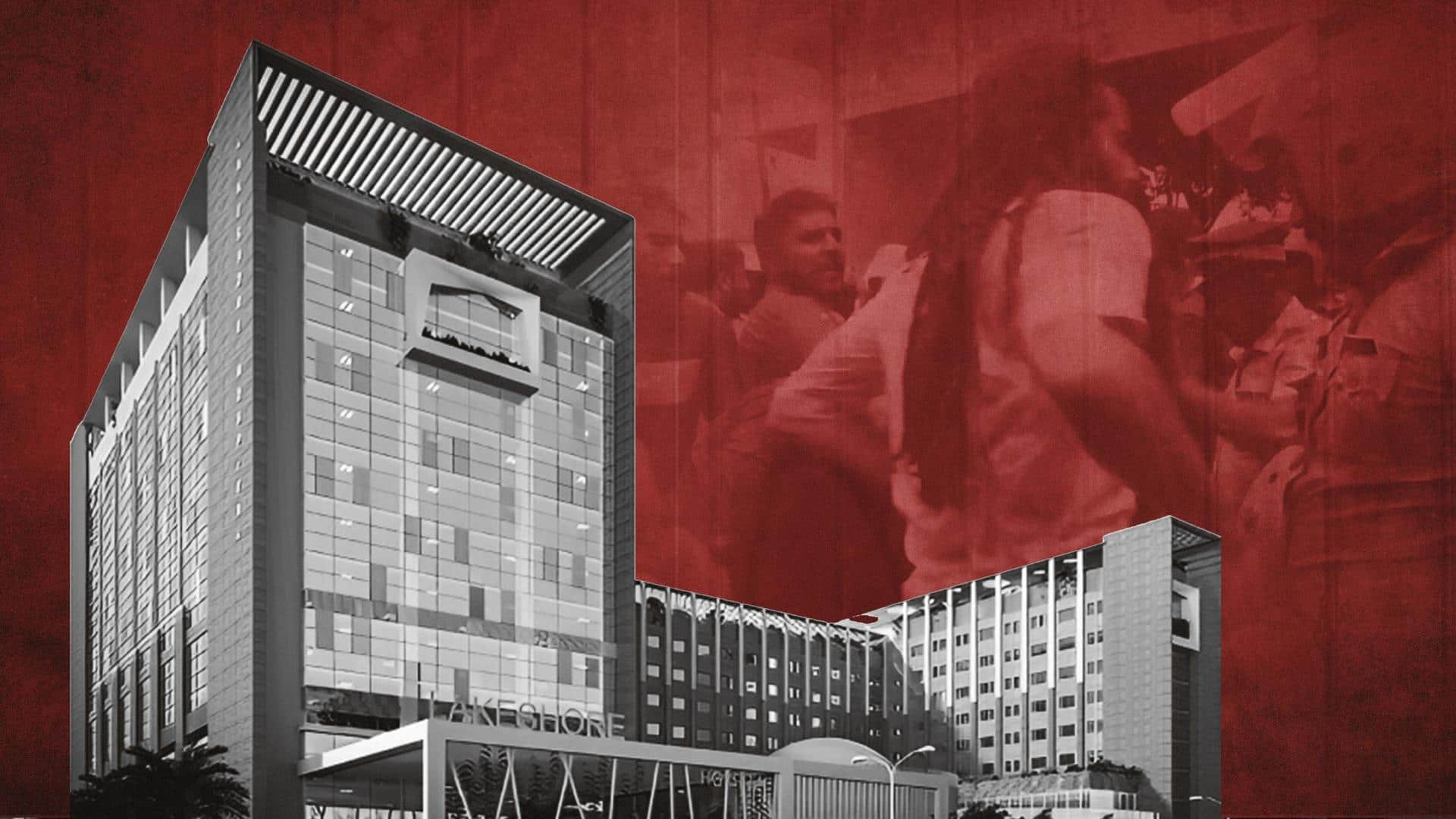
Kerala organ donation row: BJYM protest outside Kochi's private hospital
What's the story
The police on Monday resorted to lathi-charge to disperse Bharatiya Janata Yuva Morcha (BJYM) activists who were protesting outside Lakeshore Hospital in Kochi, Kerala over an "illegal" organ donation. The Bharatiya Janata Party (BJP)'s youth organization has been demanding a thorough probe into the 2009 organ donation case in which an accident victim was declared brain dead and his organs removed allegedly against norms.
Context
Why does this story matter?
On Wednesday, a Kerala court agreed to bring a lawsuit against Lakeshore Hospital and eight doctors for breaking organ transplantation standards in the 2009 accident case, in which a youth was declared brain dead and his organs were later donated. The court ruling came after a doctor alleged that the deceased was refused medical treatment, leading his family to believe he was brain dead.
Twitter Post
Watch: Kerala Police use force to disperse BJYM activists
#WATCH | Organ donation case | Members of BJYM (Bharatiya Janata Yuva Morcha) protested outside Lakeshore Hospital in Kochi, Kerala today demanding the disqualification of the accused doctors. pic.twitter.com/zi5zHajN6e
— ANI (@ANI) June 19, 2023
Details
BJP organizations up ante over transplant issue
Notably, the BJYM is the second organization linked to the BJP that organized a protest over the Keral organ donation case. Earlier, a similar protest was organized by the BJP's student wing, Akhil Bharatiya Vidyarthi Parishad (ABVP). They organized a march toward the hospital, demanding action against the accused doctors. The workers also threw stones at the police party, after which they were detained.
Case
What triggered the controversy
On November 29, 2009, a youth named Abin VJ was critically injured after his motorcycle collided with an electric pole. He was declared brain dead on December 1, 2009, and his vital organs were taken and given to a foreigner, per India Today. When a Kollam-based doctor learned about the incident in 2016, he began investigating Abin's medical records and discovered various irregularities.
Court
What Kerala court said in recent ruling
The doctor then approached the court, seeking a probe into the matter. Later, in a ruling on May 29, Judicial First Class Magistrate Eldos Mathew's court determined that "there is a prima facie case and sufficient grounds for proceeding in respect of offenses under the Transplantation of Human Organs Act, 1994, against all...accused." It then directed that summonses be issued to all the accused.